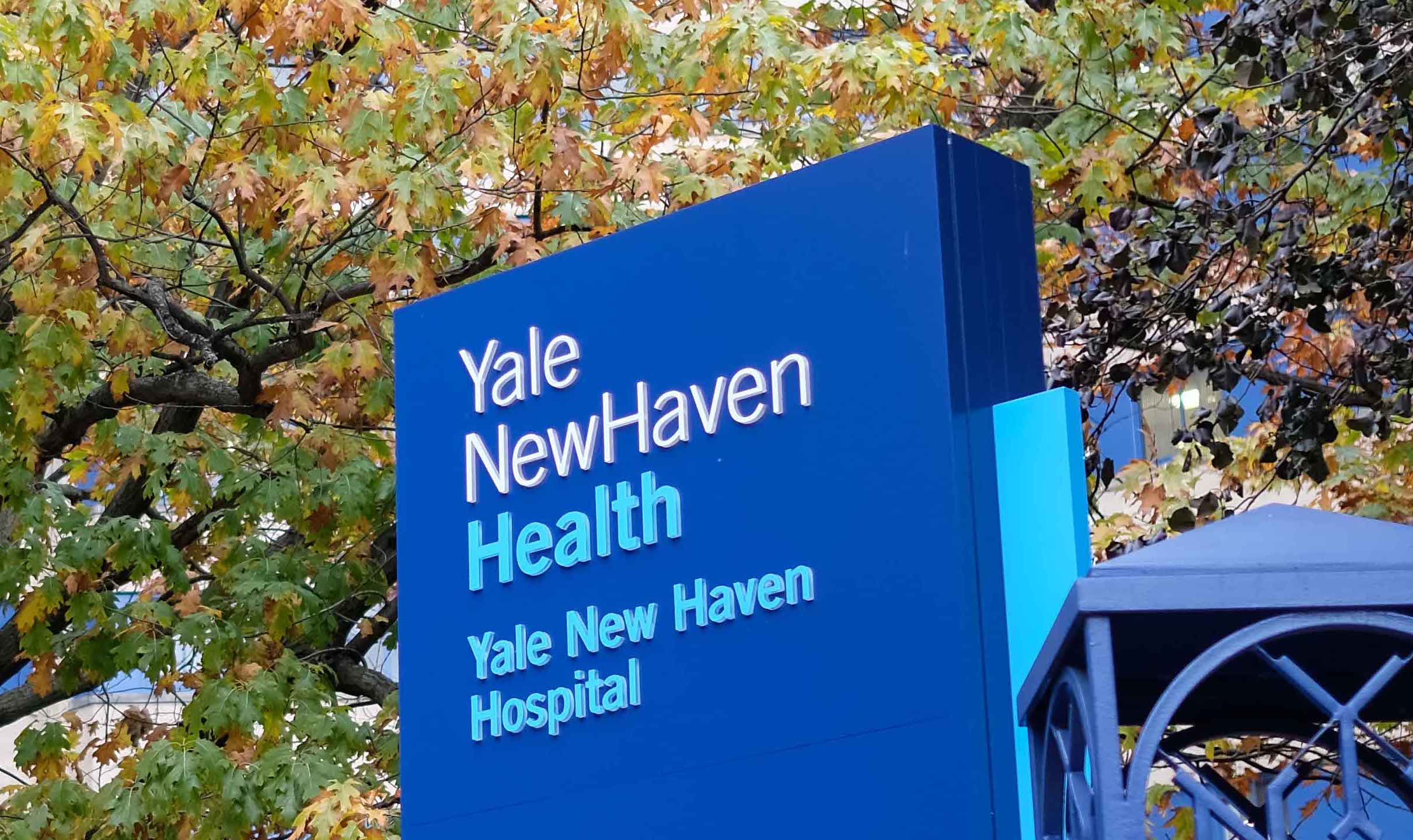Seven plaintiffs sue Yale over fertility clinic’s alleged drug diversion and patient neglect
Yale's fertility clinic scandal continues to unravel as more plaintiffs claim they suffered excruciating pain due to fentanyl diversion.

Eric Wang, Senior Photographer
Seven new plaintiffs are joining 68 other patients suing Yale over its alleged failure to secure the Reproductive Endocrinology and Infertility clinic’s fentanyl supply at its current location in Orange as well as its previous one in New Haven.
Koskoff Koskoff & Bieder, the same law firm that represents the 68 other patients, filed the new complaint Tuesday, which highlights claims that the University failed to use proper safeguards to prevent siphoning of the clinic’s fentanyl supply. The complaint also claims Yale failed to notify previous patients who recieved treatment at the old New Haven location that investigators uncovered evidence of drug diversion in 2020.
A November 2020 Drug Enforcement Agency, or DEA, inspection revealed that one nurse at the Orange facility, named Donna Monticone, had been stealing fentanyl for her own use and replacing it with saline, from June to October 2020. Monticone admitted to swapping fentanyl for saline during fertility procedures and was sentenced to four weekends in prison, three months of home confinement and three years of supervised release in 2021.
The University agreed to pay $308,250 to the Department of Justice last October over allegations that Yale did not maintain accurate records and procedures to prevent the theft of narcotics.
“The true scale of the mass diversion of fentanyl at Yale University remains unknown,” the Tuesday complaint claims.
The patients involved in the complaint allege that while they all but onethey received treatment at the clinic’s New Haven location in 2019, they experienced excruciating pain that was similar to that of the other 68 patients involved in suing Yale.
According to a press release on Tuesday from Koskoff Koskoff & Bieder, the new plaintiffs began to suspect their cases were linked to those they heard about in, “The Retrievals,” the New York Times podcast that dropped this summer detailing Monticone’s fentanyl swapping.
“When I learned years later that the excruciating pain I experienced was a direct result of the institution’s failure to properly manage controlled substances, and that nobody on my care team or administrators at Yale had reached out to tell me about this, I felt betrayed,” plaintiff Kaitlin O’Connor wrote in the law firm’s press release.
Meanwhile, the University maintains that the drug diversions were limited to the timeframe and facility in Orange that Monticone admitted to being responsible for.
In a written statement to the News addressing the plaintiff’s claims on Tuesday evening, Karen Peart, a spokesperson from the University, emphasized that the Department of Justice’s investigation, which was connected to the DEA’s inspection, was thorough.
“They concluded that the diversions took place specifically from June through October 2020,” Peart said.
In December 2020, Yale mailed a letter to patients who were treated at the Orange clinic, informing them of the drug diversion. According to the complaint, the complaint stated there to be “no reason to believe that this event has had any negative effect on your health or the outcome of the care that you received.”
According to the complaint, Yale’s letter told patients they would not be able to know if they were given saline instead of fentanyl during procedures.
“The question and answer page accompanying the letter further stated that, ‘discomfort after a procedure [would not] indicate that I didn’t receive fentanyl,’ and that fentanyl ‘doesn’t play a role in reducing pain after the procedure,” the plaintiff’s attorneys wrote in the complaint.
The plaintiffs argue that the letter did not mention that Yale violated the Controlled Substances Act, as the DEA investigation included several discoveries of loose caps on fentanyl vials. The lawsuit also claims that a Yale administrator determined the security processes at the REI clinic were inadequate.
“This is a case of staggering neglect and betrayal by Yale University,” Josh Koskoff, an attorney for the plaintiffs at Koskoff Koskoff & Bieder, said in the press release. “There is now overwhelming evidence that the University’s cavalier dismissal of women’s pain extended to both the Orange and Long Wharf REI clinics, meaning the painkiller diversion went on for a matter of years, during which they ignored evidence of diversion and left countless patients in the dark about the truth of what had happened to them.”
Koskoff also sent an email to the University on April 7, 2021 requesting that Yale notify any patients who Monticone treated while she worked at Yale that she had swapped fentanyl for saline during patient procedures, according to the complaint.
In the email, Koskoff asserted that Monticone may have been engaged in diverting fentanyl before 2020, when the clinic moved to Orange.
The Yale Fertility Center is located at 200 West Campus Dr. in Orange.
Tristan Hernandez contributed reporting.







